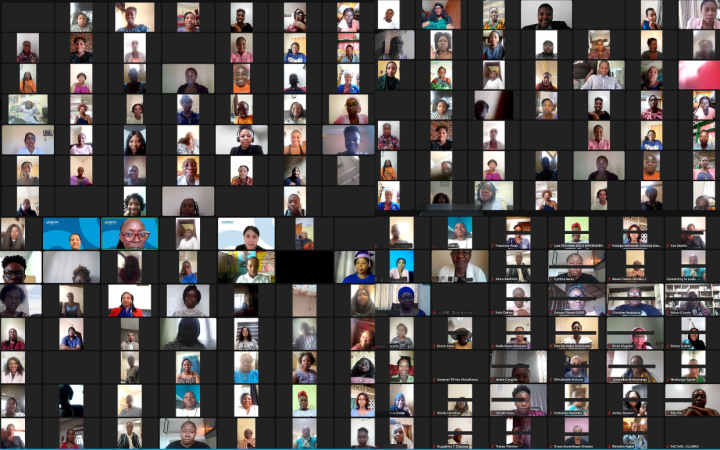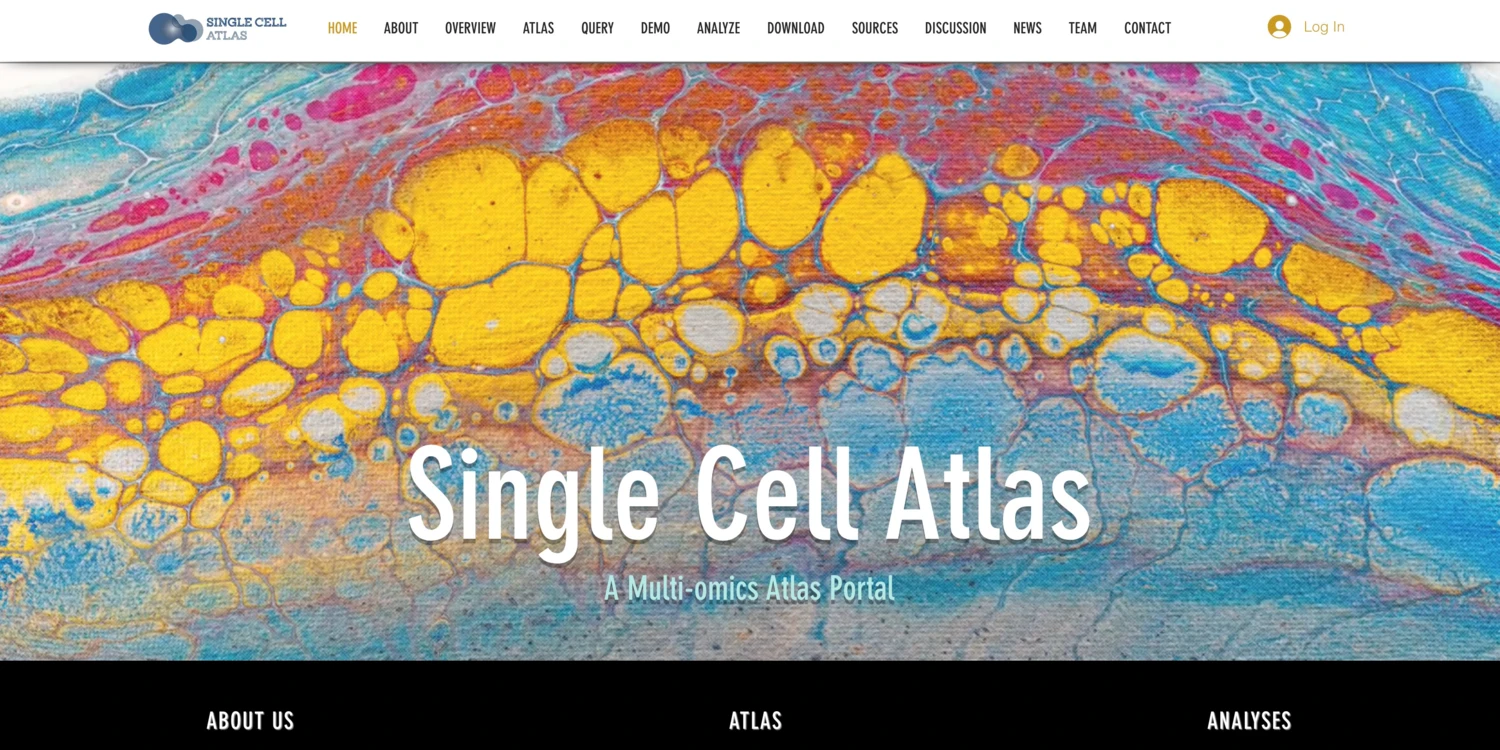
The University of Tasmania’s fight against Tasmanian Devil Facial Tumour Disease has received a timely boost, with forestry company and landowner Forico Pty Limited pledging its long-term support.
Leading DFTD researcher, Dr Rodrigo Hamede from the School of Natural Sciences, said that recent meetings with Forico’s managers had proven fruitful in ensuring that access for research on timber plantations would continue into the future.
The University has several long-term field sites where important research on DFTD has been undertaken.
The sites include a population of Tasmanian devils in North-West Tasmania where DFTD has been consistently monitored at three-month intervals since the beginning of the epidemic outbreak in 2006. During this time, a small proportion of devils have developed immune responses to the cancer which resulted in natural tumour regressions and recovery from DFTD infection.
“Following the epidemic and response to the cancer at individual and population levels for 13 years has allowed us to understand how devils are evolving resistance to the cancer across generations,” Dr Hamede said.
“This has been vital for finding new research priorities and developing conservation strategies to ensure we protect the species from the devasting effects of DFTD.
“The relationship we have fostered over the years with Forico demonstrates that the forestry industry can work side-by-side with research and conservation projects, and that suitable forest management strategies can be implemented according to specific circumstances.
“Being able to study devils and DFTD in such a consistent manner over the last 13 years is finally yielding valuable rewards. In that sense, the support of our local communities and industry partners is to be commended.”
Forico Sustainability Manager, Simon Cook, said the company was committed to proactively working with Dr Hamede and his research team to ensure the study, as well as other long-term monitoring projects continued well into the future.
“When Dr Hamede presented some of his initial research findings to Forico staff recently, we didn’t realise the enormity or the global reach of the project,” Mr Cook said.
“The research will not only assist us in better understanding the cancer associated with Tasmanian Devils, but it also has potential implications for cancer research in humans and as such is receiving global attention.
Forico CEO Bryan Hayes added: “The long-term monitoring demonstrates that researchers and industry partners can work together and achieve mutually beneficial outcomes. We wish Dr Hamede, UTAS, and everyone involved in the DFTD project every success into the future.”
“Forico is proud to be involved in this important area of ecological research.”
Pictured: University of Tasmania researcher Dr Rodrigo Hamede and Forico Sustainability Manager Simon Cook next to a devil den (Photo: Eddie Safarik).








